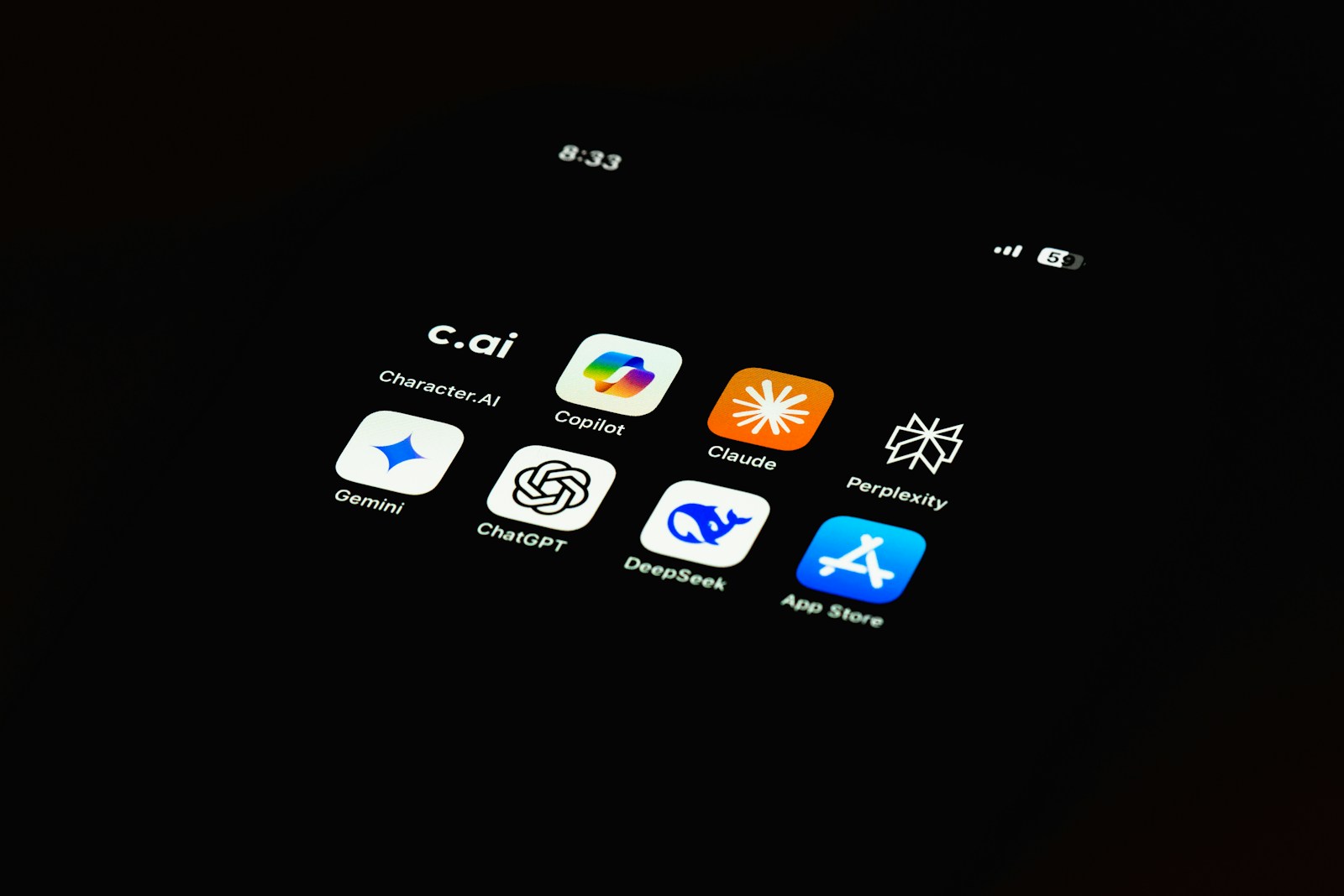Originally published at HRreview by Alessandra Pacelli
Employers are becoming increasingly concerned that students are misrepresenting their abilities in job applications by relying on AI, according to new data.
Many graduates and school leavers may not be meeting workplace expectations despite submitting strong applications.
The annual report from the Institute of Student Employers (ISE) shows that around half of employers believe students are overstating their skills by using AI tools in the recruitment process. Specifically, 48 percent of employers expressed concern about graduates, while 52 percent were concerned about school and college leavers.
Although the use of AI has contributed to a rise in the number of job applications, employers are encountering a disconnect between candidate performance during selection and their capabilities once in the role. Many of these candidates studied during lockdown and have had fewer opportunities to gain practical work experience, which employers say is having a lasting effect on their readiness for the workplace.
The report also identifies a notable increase in concerns around interpersonal and communication skills. Employers say these are key areas where student hires are falling short, particularly in relation to self-awareness, resilience and verbal communication.
Skill gaps among graduate and school leaver intakes
Employers report that graduates entering the workforce in 2025 are showing a decline in several key employability traits. The number of employers saying that graduates lack self-awareness rose to 54 percent, compared with 43 percent in 2024 and 35 percent in 2023. Concerns about graduate resilience also grew, reaching 46 percent in 2025 compared to 37 percent the previous year and 30 percent in 2023.
Communication skills, both verbal and written, have come under greater scrutiny. In 2025, 22 percent of employers said graduates failed to meet expectations in verbal communication. This figure has increased from 17 percent in 2024 and 7 percent in 2023.
School and college leavers are also facing growing scrutiny. In 2025, 48 percent of employers expressed concern over their resilience, up from 35 percent in 2024 and 25 percent in 2023. Self-awareness concerns were raised by 43 percent of employers, an increase from 31 percent the year before.
Work-appropriate verbal communication issues were cited by 42 percent of employers, up from 29 percent in 2024 and 22 percent in 2023. Written communication standards were found lacking by 46 percent of employers in 2025, a significant increase from 28 percent in both 2024 and 2023.
Despite these concerns, students continue to perform more consistently in technical and analytical areas, including problem solving. For most employers, student performance in these areas remained in line with expectations.
Work experience continues to play a crucial role
The survey highlights the value employers place on work experience. The majority of respondents (77%) agreed that graduates who had completed internships or placements showed stronger skills and better workplace attitudes than those without such experience.
Stephen Isherwood, joint CEO of the Institute of Student Employers, said the gap between recruitment performance and workplace capability poses problems for both employers and candidates.
“When employers take on new hires whose skills are not fully aligned with their performance during recruitment it creates a no-win situation for everyone. At best, the training process is disrupted, at worst, the candidate finds themselves in the wrong job,” he said.
Isherwood spoke of the importance of honesty from applicants about their capabilities, and called for a greater focus on helping students build confidence through practical experience.
“It’s important that students are genuine about their capabilities, but we need to do more to boost confidence in their abilities. Undoubtably work experience makes better hires. It is the single most valuable step a student can take to improve their employability. It will help develop the essential skills businesses want and employers like to hire former interns, so students may just find themselves with a job at the end of it.”

